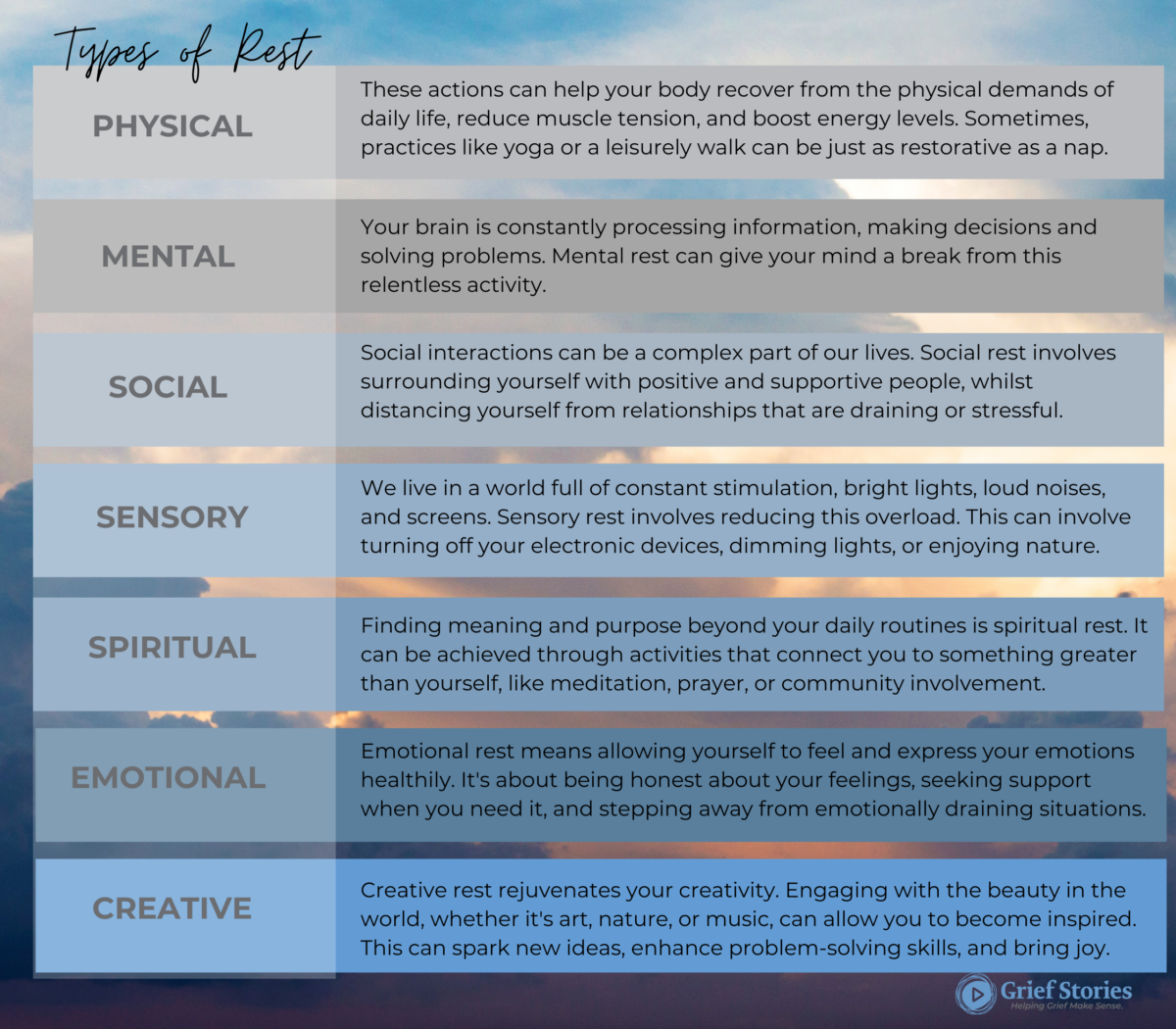Terms of Use
Please read the following statement. By closing this window you acknowledge and understand the terms within and agree to abide by them.
Users
This Website is not intended for use by children under the age of 13. If you are under the age of 13, you must immediately discontinue the use of this Website.
Rules of Conduct
We need your help to keep our Website safe. Therefore, by adhering to these Terms, you agree to adhere to the following Rules when using our Website and affiliated social media accounts.
The following Conduct is strictly prohibited by GriefStories.org:
- Abusive or hurtful comments directed at a participant or contributor;
- Any form of bullying, intimidation or harassment;
- Off-topic or redundant comments not related to or affiliated with GriefStories.org;
- Comments using foul language or hate speech;
- Any comments or user content infringing on or violating someone else’s rights, or otherwise violating the law, or that is hateful, threatening, pornographic or violent in nature;
- Personal attacks or defamatory statements or comments; and
- Comments that violate the privacy of participants and their families.
GriefStories.Org is not a Substitute for Professional Medical or Mental Health Services
By agreeing to these Terms, you expressly acknowledge that the information on this Website is not offered as a substitute for professional mental health care or medical care and is not intended to diagnose, treat or cure any mental health or medical conditions. You also expressly acknowledge that the content producers of GriefStories.org do not act as your personal mental health or medical professionals.
By agreeing to these Terms you expressly acknowledge that neither GriefStories.org and its respective employees agents, volunteers, content providers, advisors, members, sponsors or academic and medical affiliates are responsible for the results of any decisions you may make resulting from the use of the content including, but not limited to, your choosing to seek or not to seek professional medical or mental health care, or your choosing or not choosing specific treatment based on the content or service of this Website, blog and discussion forum.
Disclaimer
GriefStories.org Does Not Provide Medical or Mental Health Advice
Information provided through the GriefStories.org Website, blog and discussion forums are for informational purposes only and designed for the general education of website users. It is not, nor is it intended to be, a substitute for professional medical advice. Always seek the advice of your physician, psychological counsellor or other qualified health care provider with any questions you may have regarding a medical condition. Never disregard professional medical advice or delay in seeking because of something you have read on the GriefStories.org Website.
Any action on your part in response to the information provided on this Website, blog and discussion forums is at your own risk. In no event shall GriefStories.org and its respective employees, agents, volunteers, content providers, advisors, members, sponsors or academic and medical affiliates its contributors, or any third parties mentioned on the GriefStories.org Website be liable for ANY damages (including, without limitation, incidental and consequential damages, personal injury/wrongful death, lost profits, or damages resulting from lost data or business interruption) resulting from the use of the GriefStories.org Website, its content, or the use of any information, idea, service or instruction contained in the material provided and/or any websites linked to/from it, whether based on warranty, contract, tort, or any other legal theory, and whether or not GriefStories.org, its contributors, authors, advisors, members and affiliate organizations, or any third parties mentioned on the GriefStories.org Website are advised of the possibility of such damages.
Website Content May Not Reflect Viewpoints of Partners
The information presented on GriefStories.org does not necessarily reflect the views of our project partners, contributors, authors, advisors, affiliate organizations or any other third parties mentioned on the Website.
Right to Remove Content
In using the various forms of commenting on the GriefStories.org website and its affiliated social media accounts, please observe the Rules of Conduct set out in the Terms of Use. We reserve the right to moderate all content and remove information or language considered offensive, and to block users who violate these Rules.
External Links
GriefStories.org may provide links to other websites for your reference and to help you identify other online resources that may be of interest. These other websites have been independently developed by other parties and GriefStories.org does not assume any responsibility or guarantee the accuracy of the information found on these sites. GriefStories.org does not endorse the viewpoints expressed on other websites. You may use any third party website at your own risk and we encourage you to read the Privacy Policy and Terms of Condition and Use of every website you visit. By using the links we provide, you agree that GriefStories.org will not be responsible or liable in any way for the accuracy, legality, relevance, decency or copyright compliance of the material and information contained in any site linked from GriefStories.org.
Your Personal Information and Privacy
GriefStories.org is committed to protecting and respecting the privacy of every user who visits our Website. The Website does not automatically collect any personal information however, a user may voluntarily access a services or services from links to external websites that require some personal information.
GriefStories.org will not disclose your personal information to any third party.

